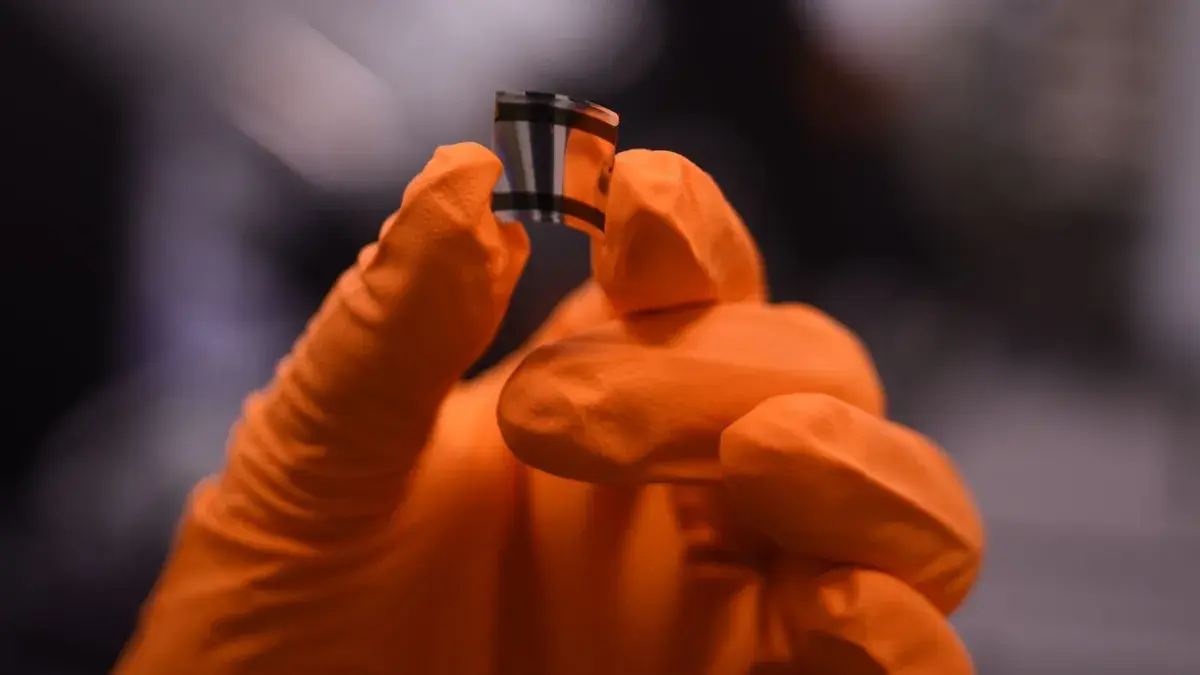The United Kingdom has marked a significant milestone in infrastructure development by laying the world’s first graphene-enhanced road. This pioneering project, located in Teesside, aims to create more durable and sustainable roads, reducing the frequency of repairs and maintenance.
Revolutionizing Road Construction with Graphene
Graphene, a single layer of carbon atoms known for its exceptional strength and conductivity, has been integrated into asphalt to enhance the road’s durability. Consequently, the material is expected to improve resistance to wear and tear, making roads more resilient against extreme weather conditions and heavy traffic.
Traditional asphalt roads often suffer from cracks, potholes, and degradation over time, requiring frequent repairs. The addition of graphene strengthens the road structure, potentially extending its lifespan by up to 50% compared to conventional materials.
The Teesside Project: A Step Toward Smarter Infrastructure
The groundbreaking road was laid in Teesside, a region known for its focus on technological innovation. Moreover, this initiative is part of the UK’s broader strategy to modernize infrastructure while minimizing environmental impact.
By reducing the need for constant road repairs, graphene-enhanced asphalt can significantly cut maintenance costs and lower carbon emissions associated with roadwork. This aligns with the UK’s commitment to sustainability as well as greener construction practices.
The Future of Graphene in Road Construction
The success of this project could pave the way for wider adoption of graphene-enhanced roads across the UK and beyond. If proven effective, the technology may revolutionize road construction globally, offering a long-term solution to common infrastructure challenges.
With graphene, roads will become more resilient, cost-effective, and environmentally friendly, ushering in a new era of smarter, longer-lasting streets.







